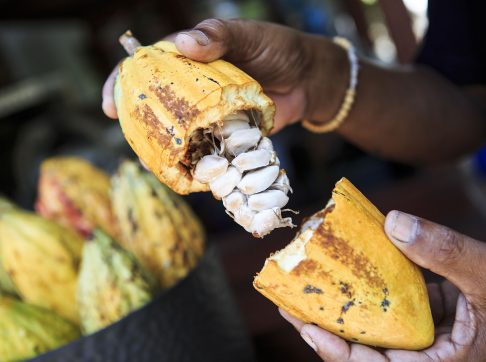The Economics of Ecosystems and Biodiversity for Agriculture and Food programme (TEEBAgriFood) was developed to apply whole systems thinking to the economics of agriculture, which is concerned with complex and extensive eco-agri-food value chains - from supporting ecosystems, to productive farms, to intermediaries such as aggregators, wholesalers and retailers, to food and beverage manufacturers, to distributors and consumers.
The true economics of agriculture can only be understood after recognizing and accounting for all significant “externalities” along these value chains. In our eco-agri-food systems, these externalities include the huge but hidden costs and benefits of agriculture and food systems, which need to be unravelled, understood, and evaluated if the world is ever to be able to work out how to feed and nourish billions of people in a manner that provides everyone with adequate nutrition, in an equitable manner, without seriously damaging ecological security or environmental sustainability.
The TEEBAgriFood Evaluation Framework, developed through collaboration with over 150 scholars from 33 countries representing a wide range of disciplines, backgrounds and perspectives, has been designed to guide the evaluation of food systems and their complex linkages to the environment, society and human health.
To create real change, this scientific framework of analysis needs to be applied at the ground level, and influence current policies and practice. UNEP is currently supporting the implementation of TEEBAgriFood initiatives in 10 countries around the world, in collaboration with national and local government agencies, local research institutions and private sector businesses and networks.
 True Cost Accounting: Implementation Guidance
True Cost Accounting: Implementation Guidance
A step-by-step guide to assess how food systems impact people, society, the environment, and natural resources.
